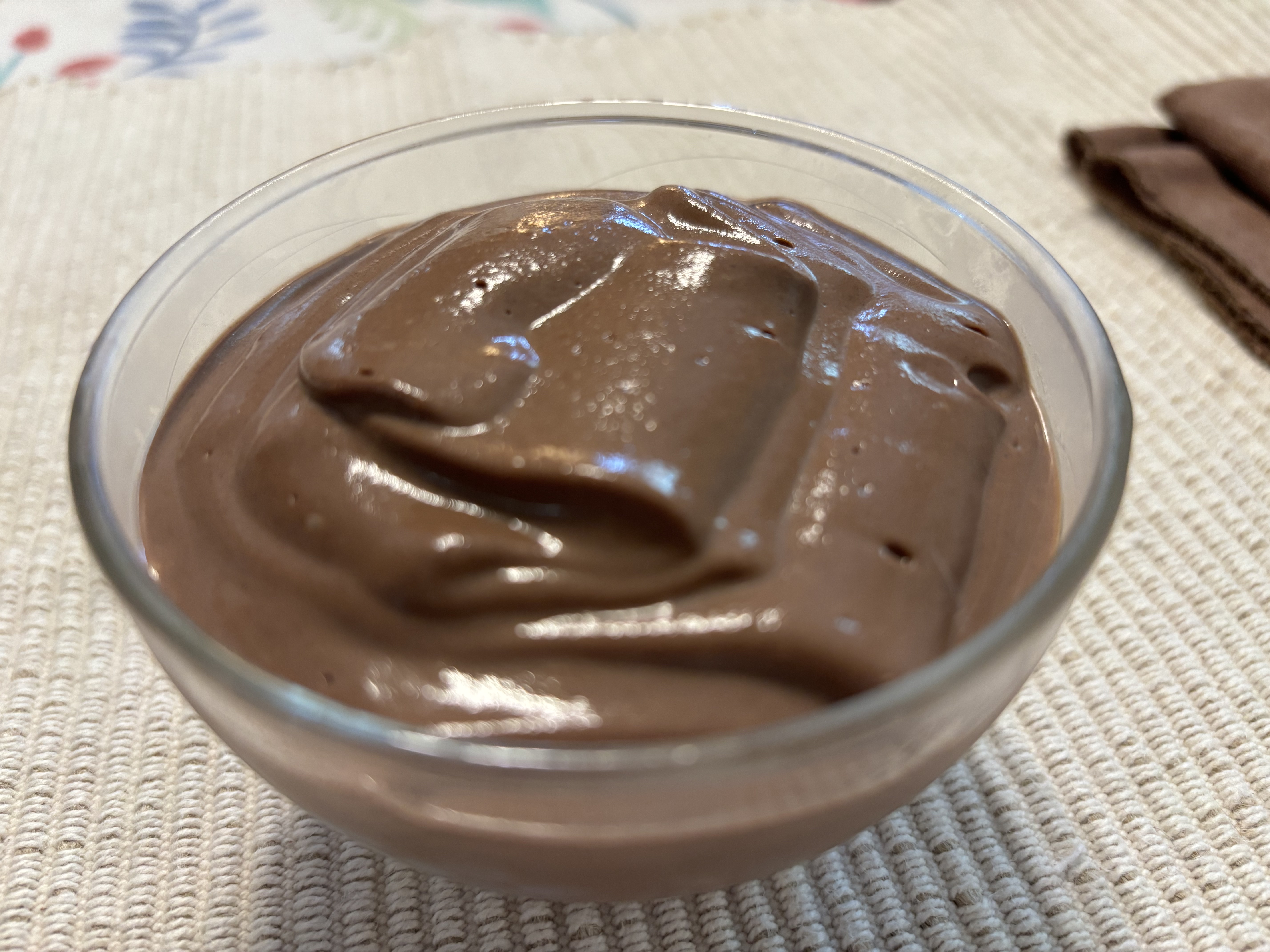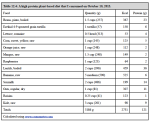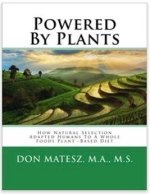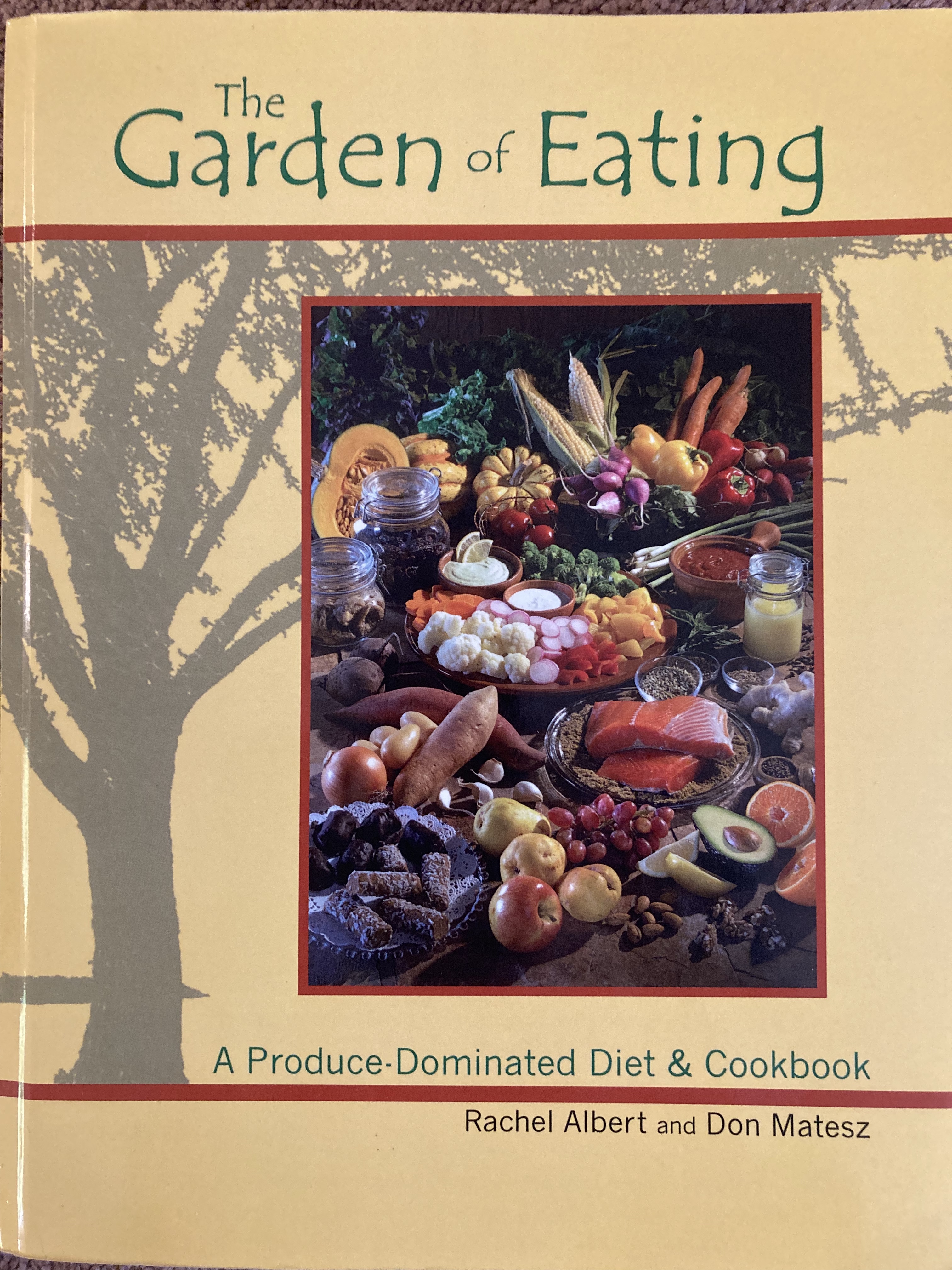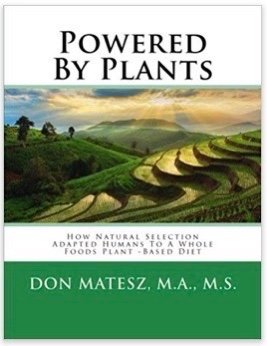Hong Kong Diet, Health and Longevity
The traditional Hong Kong diet is a traditional Chinese diet. It represents the Tao of healthy eating recommended by traditional Confucian Taoist medicine, also known as Chinese medicine. As of 2022, the people of Hong Kong enjoy a life expectancy greater than that of any other modern nation, but they have some health challenges associated with excess dietary salt.
Hong Kong Diet
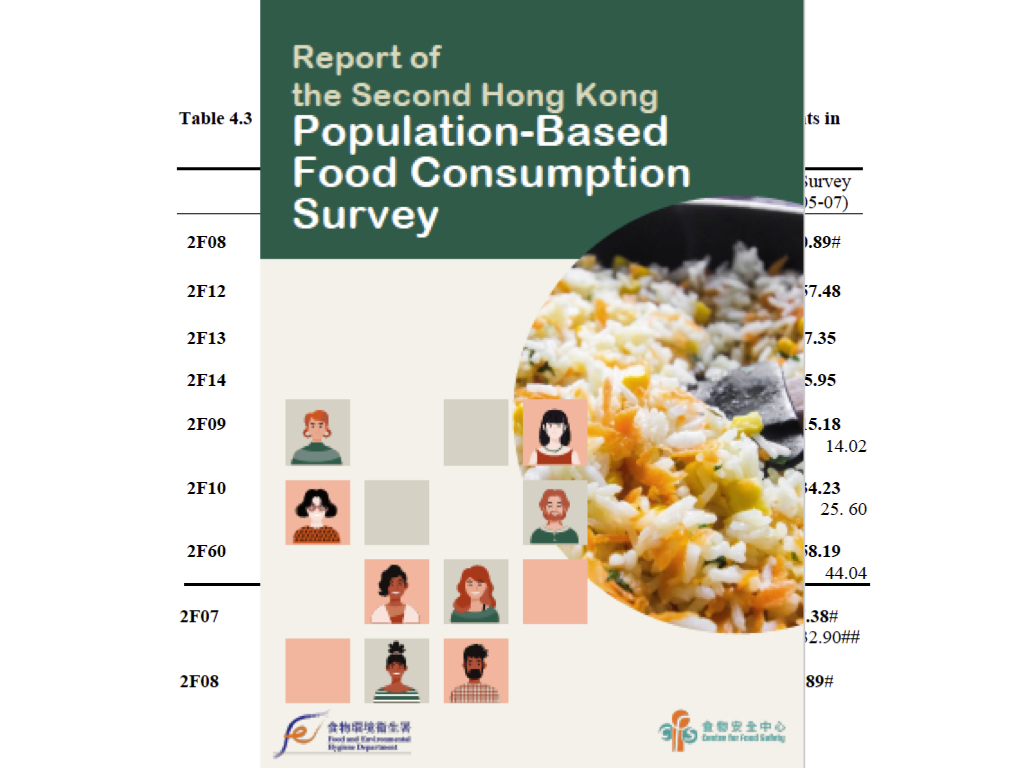
The modern Hong Kong diet consists primarily of cereal grains, vegetables, fruits and animal products.
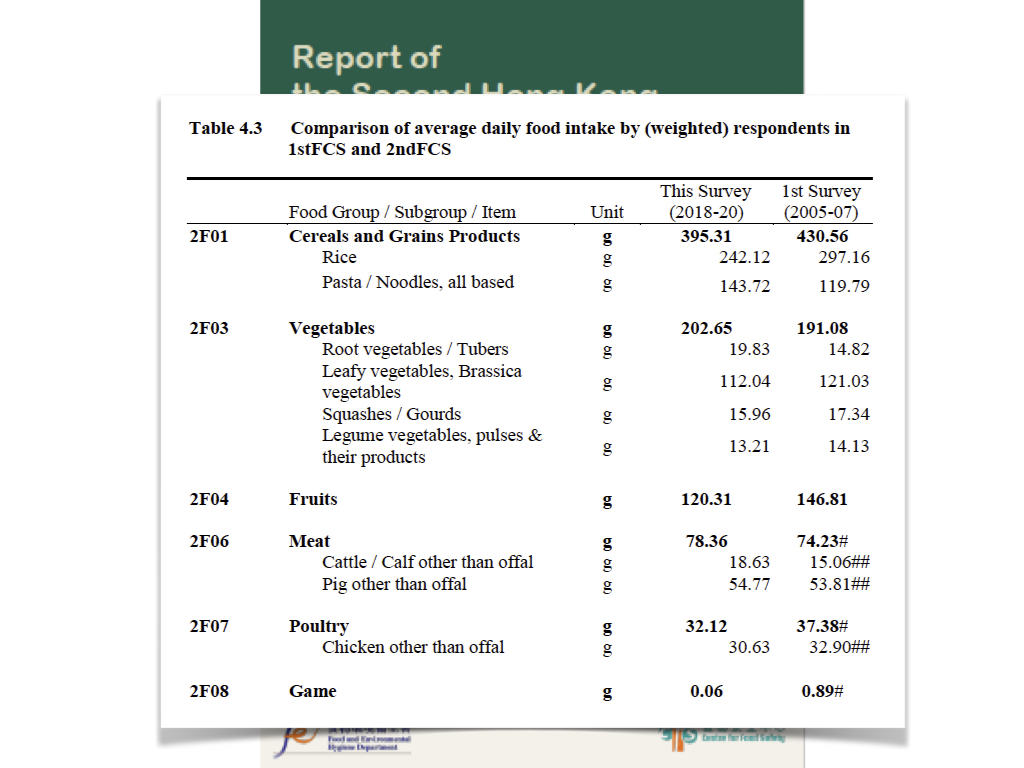
Advocates of vegan plant-based diets like to emphasize the fact that the Hong Kong diet is plant-based, but the Hong Kong diet is not free of animal products.
Advocates of meat-based diets like to emphasize the fact that people in Hong Kong eat more meat than people elsewhere, but the people of Hong Kong aren't eating meat in the great quantities advocated by promoters of meat-based diets.
In the Hong Kong diet, the average pork intake is only 55 g, about 2 ounces per day (14 ounces per day, less than a pound per week). The average intake of beef is only 19 g per day, or 133 g (about 4 ounces) per week. Pork is consumed more than beef by nearly 3:1. The total red meat intake is 78 g per day, about 2.6 ounces. That's less than 150 kcal from red meat.
Average consumption of poultry is only 32 g (just a little more than an ounce) per day.
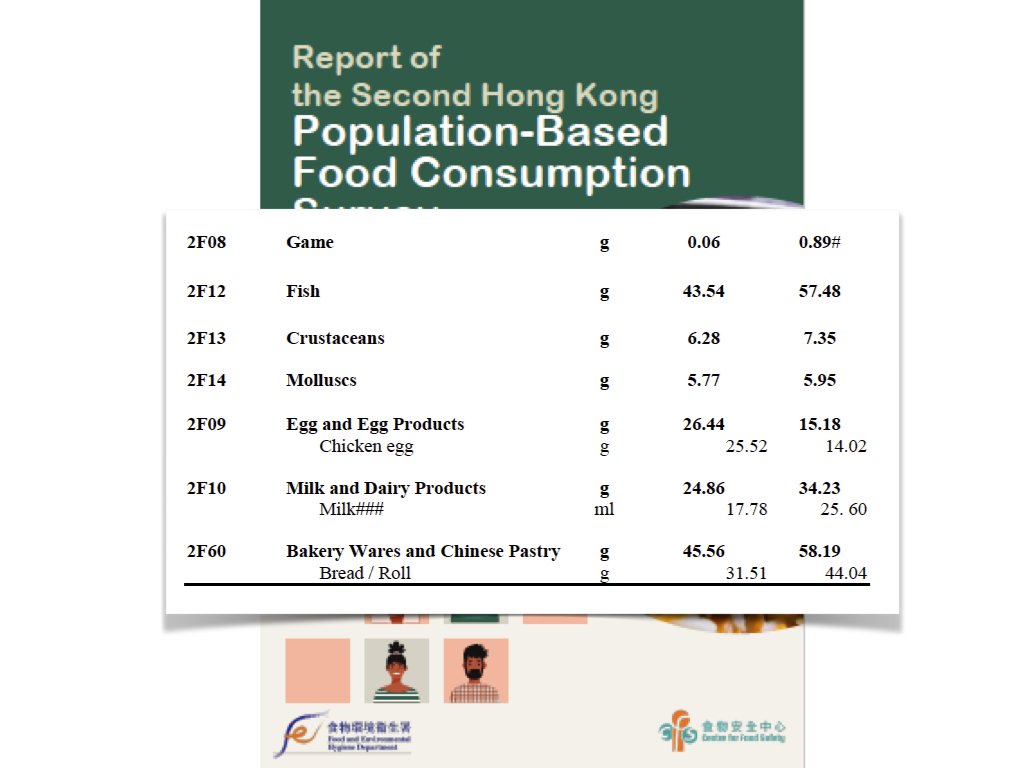
The average Hong Kong diet includes 43 g of fish, and 12 g of shellfish, for a total of about 55 g (about 2 ounces) of marine animal foods daily.
Average egg intake is 26 g per day; that's about half a large egg. Therefore, the average Hong Kong diet includes about 3-4 whole eggs per week.
The average Hong Kong diet includes only 25 g (a little less than one ounce) of milk and dairy products daily. This amounts to about 1 cup of milk per week.
The Hong Kong Diet is Plant-Based
The Hong Kong diet actually consists primarily of plant foods. The typical Hong Kong diet is 73% plant foods, 27% animal source foods.
Total animal food intake––including meat, poultry, fish, shellfish, eggs, and dairy––amounts to 290 g per day, just shy of 10 ounces. Yes, they eat more meat than people in many other nations, but they aren't eating an animal-based diet.
Moreover, refined cereal grains––primarily white rice, secondarily refined wheat noodles–– make up the largest part of the Hong Kong diet.
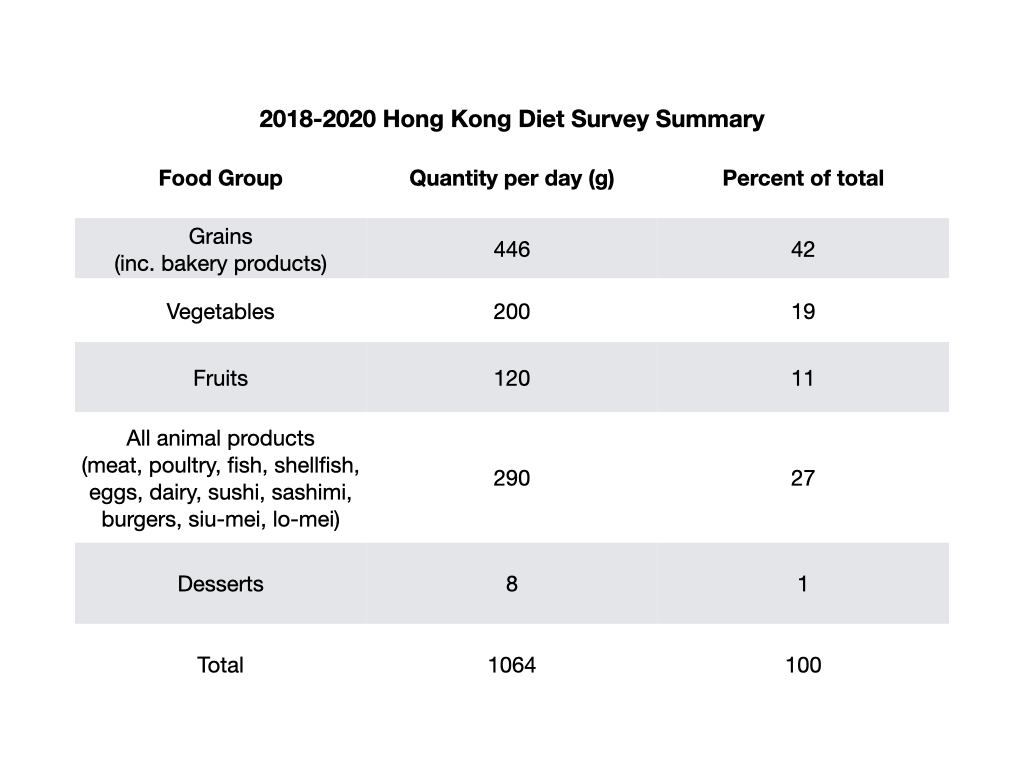
The Hong Kong Diet Is Taoist Medicine
Traditional Confucian Taoist medicine is the most important branch of Taoist science, which emphasizes studying and following Tao, the true nature of things, in order to benefit humanity.
The Yellow Emperor's Classic of Internal Medicine (Huang Di Nei Jing), composed before 200 B.C. states:
|
"Those who do not take steps to prevent disease are like those who do not dig a well until they are thirsty or do not forge weapons until they are already engaged in battle. Are not these actions too late?" |
Dietetics is one of the four main concerns of traditional Chinese Confucian Taoist medicine, along with internal medicine (herbal medicine), external medicine (massage, acupuncture, and moxibustion), and veterinary medicine. The Classic of Internal Medicine states:
|
"In general, dietetics is an extremely effective treatment for rectifying imbalance of the zang (solid) organs." |
Chinese cuisine was designed by Confucian Taoist physicians for the purpose of keeping people healthy, promoting life, and preventing and treating disease. More than two thousand years ago they had already discovered that the best diet for keeping people healthy, promoting life, and preventing and treating disease is a mixed diet consisting of cereal grains, fruits, vegetables and animal products, as stated in the Classic of Internal Medicine:
|
"When the body is deficient, the physician should use use dietetics to supplement and fortify. The five grains are used to nourish, the five fruits to assist, the five animals to fortify, the five vegetables to fulfill." |
Confucian Taoism seeks a wholistic perspective that embraces and harmonizes both poles of all opposites, and keeping everything in the Natural order, never holding to one extreme, unlike the vegans who exclude animal products and the carnivores who exclude plant products. The Taoist sage Chuang Tzu noted:

The Hong Kong diet is a modernized version of the traditional Confucian Taoist medical disease-prevention diet. However, by traditional Taoist medicine principles, the Hong Kong diet contains too much salt. The Classic of Internal Medicine states:
|
"Too much salty taste can weaken the bones and cause contracture and atrophy of the muscles, as well as stagnate the heart qi" | ||
|
"In the northern direction there are vast snow-covered mountain ranges, and beyond, dark and cold seas whose ocean waters provide the salty taste. All of these conditions are connected with the kidney energy....Excesses of salty flavor can harm the blood, but the sweet flavor will neutralize it." | ||
|
"The salty taste stimulates the kidney and nourishes the bones and inspires fear in people. In harmony it provides quietude but in extremes it causes great freezes and hailstorms that destroy." |
"Everything in excess turns into its opposite" is a Taoist scientific principle. For example, in the appropriate dose, salty flavor is beneficial to the kidneys, bones, heart and blood, but in excess it will harm the very same organs. Below I will show that the high salt content of the Hong Kong diet contributes to cardiovascular, kidney and bone diseases as predicted by Confucian Taoist medical principles.
Here are some examples of meals that conform to Confucian Taoist medical guidelines.
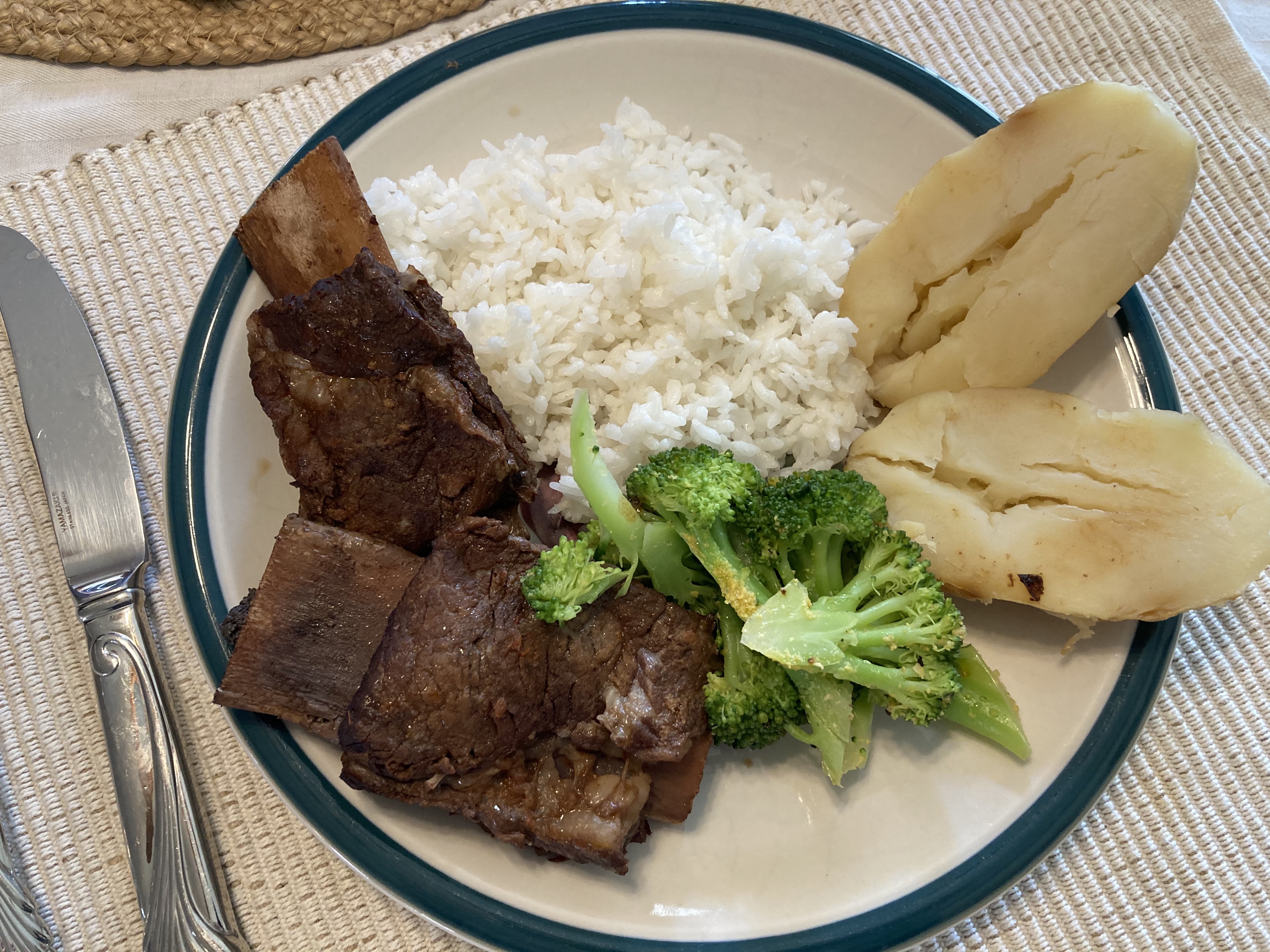 Beef ribs, rice, potato, and broccoli. |
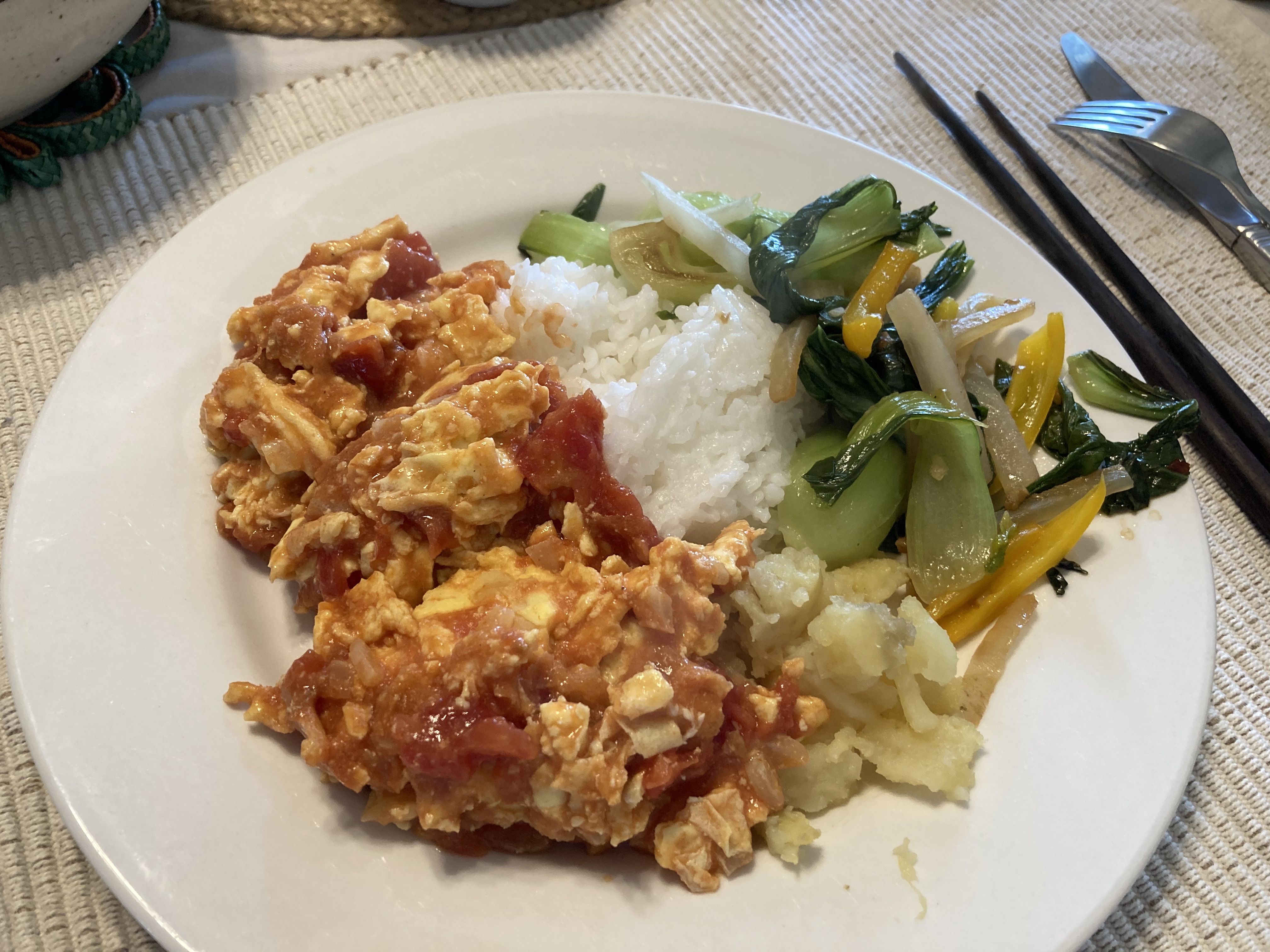 Tomato-eggs, rice, stir-fried vegetables. |
The Hong Kong Diet Is Nutritious
According to a study by Woo and colleagues, the Hong Kong diet provides good nutrition overall, except it is too high in salt and a little deficient in calcium.
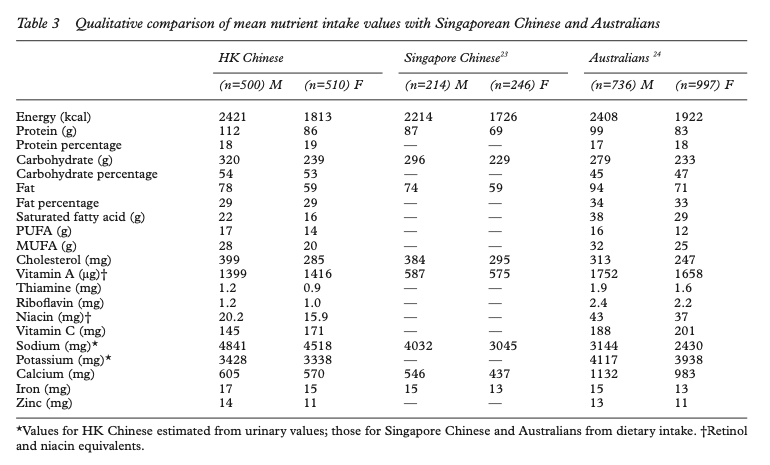
Note the following features of the Hong Kong diet:
- High protein intake (85-112 g; 18-19% energy) from plants (cereals and especially soy products) and animals.
- High carbohydrate intake (53-54% energy) mostly from cereal grains.
- Low total fat intake (29% energy), mostly unsaturated.
- High potassium intake (>3300 mg).
Hong Kong Diet Prevents Obesity
In 2001, Ko and colleagues reported that of 17,121 Hong Kong people aged 20-96 years, only 29% were overweight and 4% were obese.
This compares very favorably with the U.S.A., where the CDC reports that 74% of adults aged 20 and over are either overweight or obese, and 43% are obese.
Obviously the high carbohydrate, low fat Hong Kong diet does not promote overweight or obesity.
Hong Kong Diet & Life Expectancy
The Hong Kong diet appears to promote exceptional healthy life expectancy. In 2018, among all nations, Hong Kong had the greatest life expectancy. In 2020, life expectancy for Hong Kong men and women was 83 years and 88 years, respectively.
Elements of the Hong Kong diet believed to promote long life include:
- High intake of fresh fish, fruit and vegetables
- Predominance of plant foods
- Use of seed and nut oils for cooking
- Meat consumed in smaller portions, chopped up into mixed dishes
Hong Kong Diet Problems
The main problem with the Hong Kong diet is excessive salt content. As shown above, the typical Hong Kong diet provides 4500 to 5000 mg of sodium. Woo and colleagues found that 78% of the population had sodium intake levels in the range associated with the age-related rise in blood pressure.
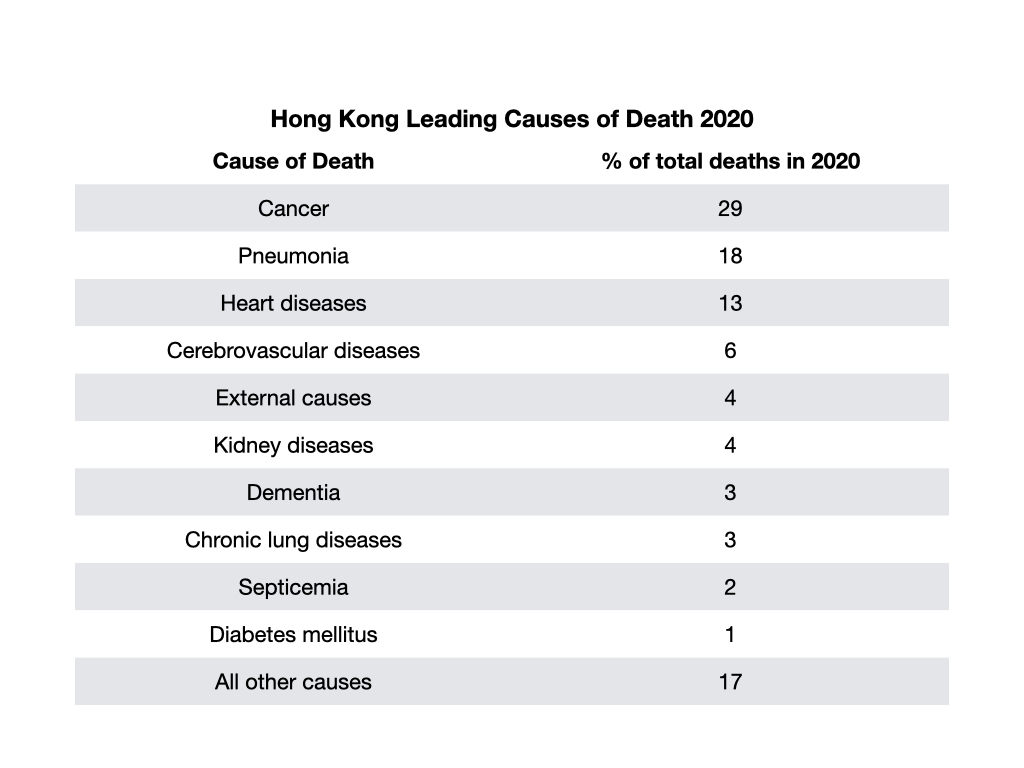
In Hong Kong the leading cause of death is cancer, which accounted for 29% of all deaths in 2020. The second leading cause of death is pneumonia, accounting for 18% of deaths in 2020. Cardiovascular diseases account for only 13% of deaths, kidney diseases only 4%, chronic lung diseases only 3%, and diabetes only 1%.
According to the Hong Kong cancer registry, the top ten cancer causes of death in Hong Kong are, in order from most to least: lung, colorectal, breast, prostate, liver, stomach, uterine, non-melanoma skin, thyroid, and non-Hodgkin lymphoma.
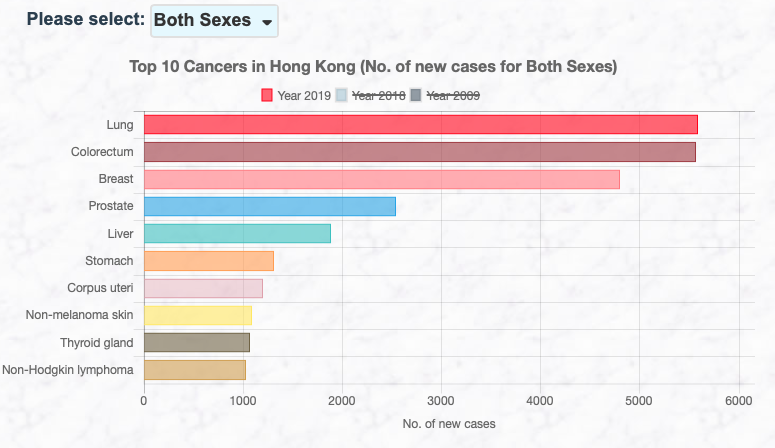
Both Karel Sporek, a chemist and author of Salt and the Seven Deadly Ills, and Richard Moore, a biophysicist and co-author of The Salt Solution, maintain that excess dietary salt can cause cancer.
|
In Salt and the Seven Deadly Ills Sporek notes that 60% of salt (sodium chloride) is chloride, which produces hydrochloric acid, a known tissue irritant and carcinogen, when separated from the sodium ion by fundamental body processes. Esophogeal cancer is known to be caused by gastric hydrochloric acid reflux, and also strongly linked to salt intake, and stomach cancer is also strongly linked to salt consumption. | |
|
In The Salt Solution Moore explains that a diet with excessive sodium and insufficient potassium suppresses activity of all the sodium/potassium pumps in the body. This results in cells having a low membrane potential. Cells that divide rapidly, including cancer cells, have a low membrane potential; whereas cells that rarely divide (such as neurons) have a very high membrane potential. Thus a high dietary sodium:potassium ratio is likely either a cause or promoter of cancer. |
Jansson has published two papers reviewing evidence that diets with a high sodium:potassium ratio cause or promote cancer. In the first paper he reported that geographic cancer risks are linked to intracellular potassium/sodium ratios of the populations. Populations with low cellular potassium/sodium ratios (such as found in Hong Kong) have high cancer rates and populations with high cellular potassium/sodium ratios have low cancer rates:
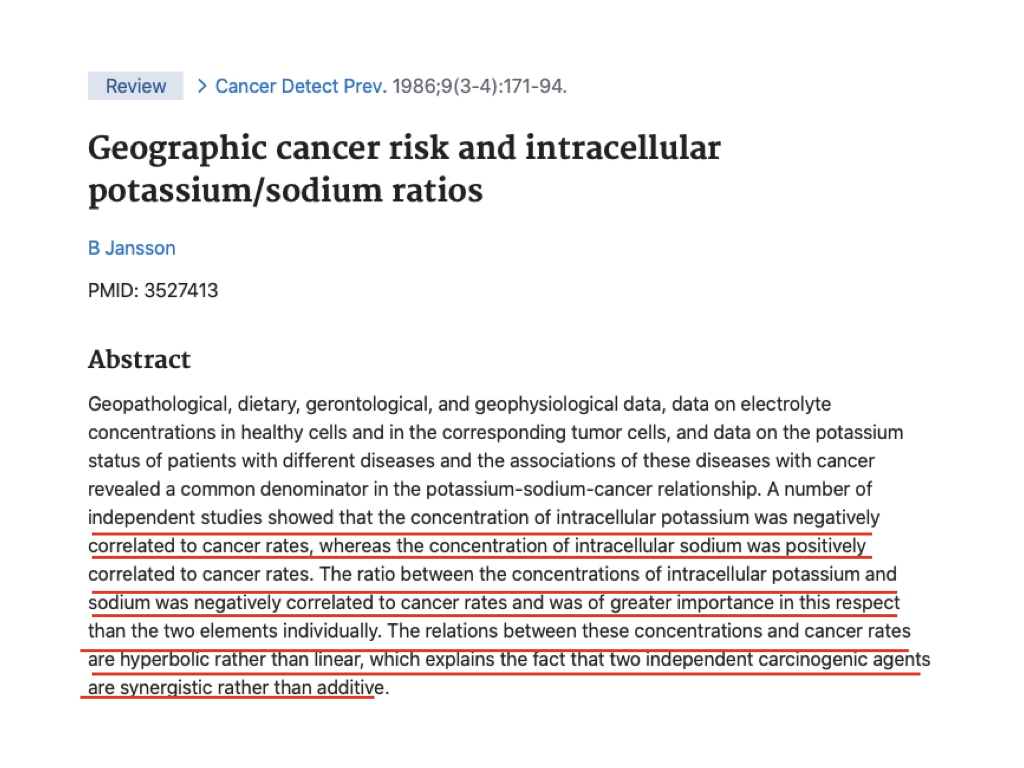
Next Jansson demonstrated that substances, stresses and diseases that increase cancer risk all increase sodium and reduce potassium inside cells, while substances, practices and disorders that reduce cancer risk all reduce sodium and increase potassium inside cells.
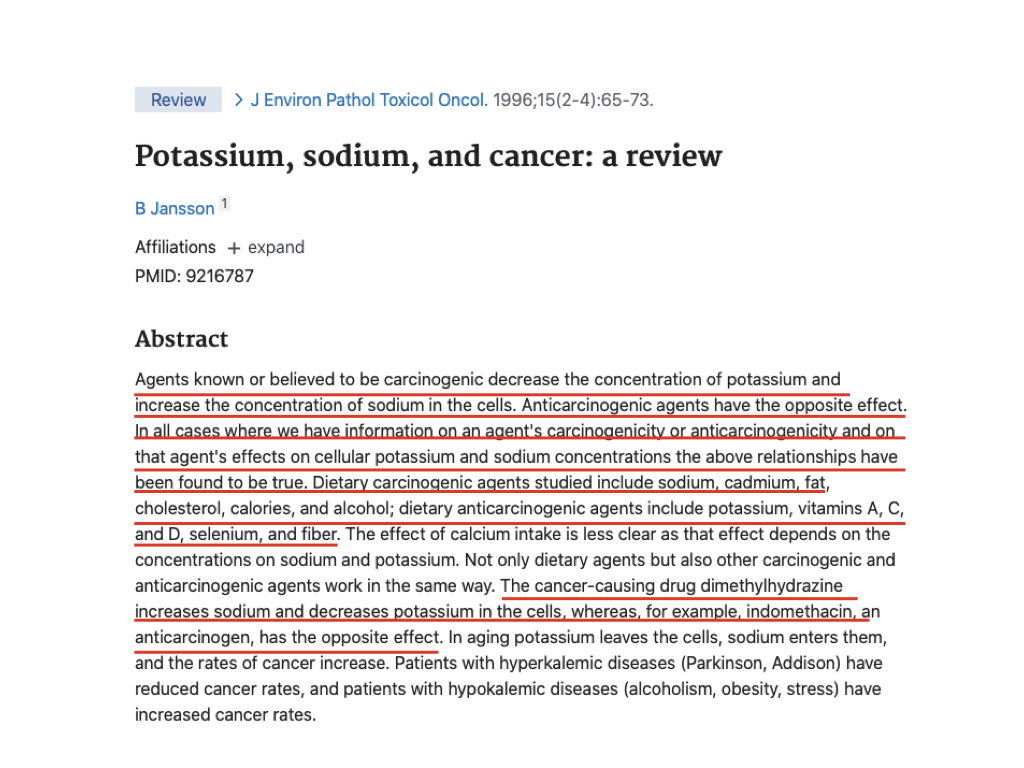
Animal research has also found that high salt intake accelerates the growth of breast cancer and facilitates lung metastasis.
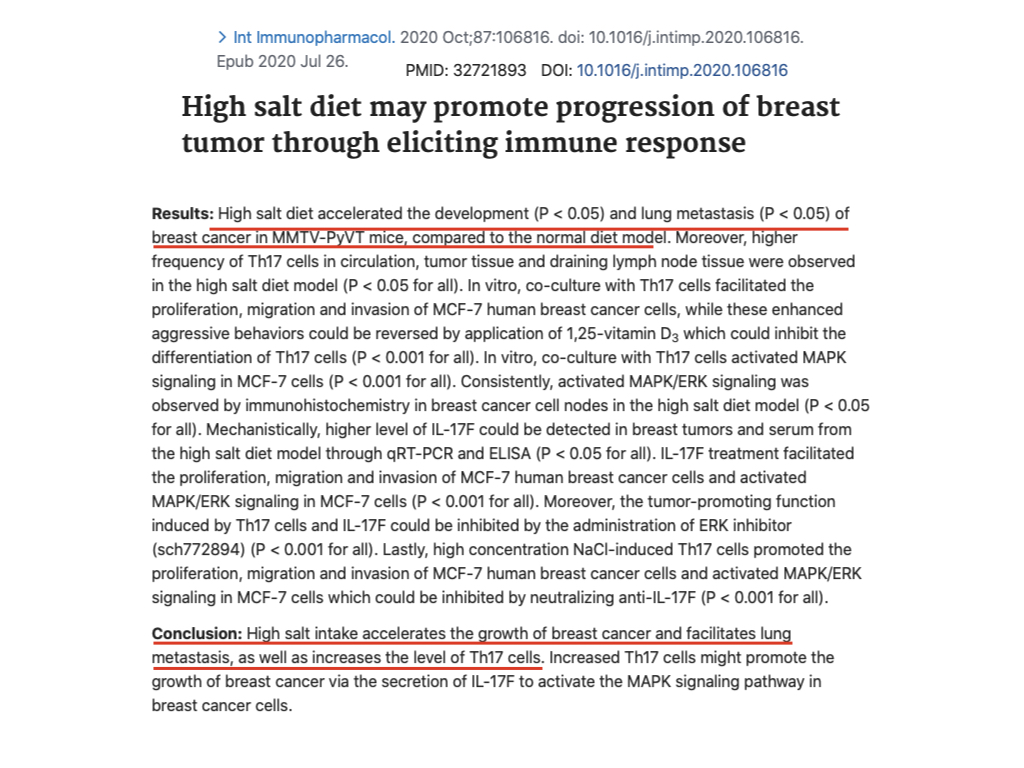
|
In The Book of Macrobiotics, Michio Kushi notes that the famous physician Albert Schweitzer noticed a connection between salt intake and cancer while providing medical services in Africa. |
After 4 decades of working in Africa, Schweitzer reported that he had never seen a case of cancer in an African native on a traditional diet. He attributed the eventual rise in cancer among them to imported foods including condensed milk, canned butter (salted), meat and fish preserves (salted), white bread (contains salt), and especially direct use of refined salt. Schweitzer wrote:
|
"It is obvious to connect the fact of increase of cancer with the increased use of salt by the natives. In former years there was only available the little salt extracted from the ocean." |
Thus, the typical Hong Kong diet may cause or promote cancer because it high in sodium and provides more sodium than potassium (see table above).
Excess dietary salt also promotes atherosclerosis, which underlies cardiovascular diseases that are the third leading cause of death in Hong Kong.
Excess dietary salt also causes high blood pressure, which in turn causes stroke (cerebrovascular diseases), the 4th leading cause of death in Hong Kong.
We also have accumulating evidence that high salt diets promote kidney disease and dementia (here and here), the sixth and seventh most common causes of death in Hong Kong.
Another issue with the Hong Kong diet is low calcium intake. The average Hong Kong diet falls short of calcium by about 200 mg per day. This combined with high salt intake (salt excretion depletes calcium) may contribute to the Hong Kong woman population having an osteoporosis prevalence similar to that found in Caucasian populations.
Improving on the Hong Kong Diet
Although the Hong Kong diet is quite balanced and beneficial overall, especially in comparison to typical Western diets, its main weakness is excessive salt content. That can easily be rectified by reducing the high salt content and emphasizing greater intake of high potassium fruits and vegetables, including soy products.
We create great flavors with less or no salt using various spices (garlic, ginger, peppers, cumin, to name a few), vinegars, fruit juices, toasted sesame oil, nutritional yeast, and perhaps occasional small amounts of naturally fermented low sodium soy sauce or paste. Meat, eggs, milk, marine foods (including sea vegetables like nori and kelp), and many herbs and spices provide a salty flavor without adding salt to the diet.
A second weak spot in the Hong Kong diet is low calcium intake. This can be improved by including more calcium-set tofu or increasing fermented dairy product (e.g. yogurt) intake. Adding just one quarter block (81 g) of calcium set tofu to the daily diet will raise the calcium intake by 500 mg while also providing 14 g of high quality protein with just 116 kcalories Alternatively, adding just one cup of low-fat yogurt will raise the calcium intake by 415 mg while also providing 12 g of high quality protein with just 143 kcal.
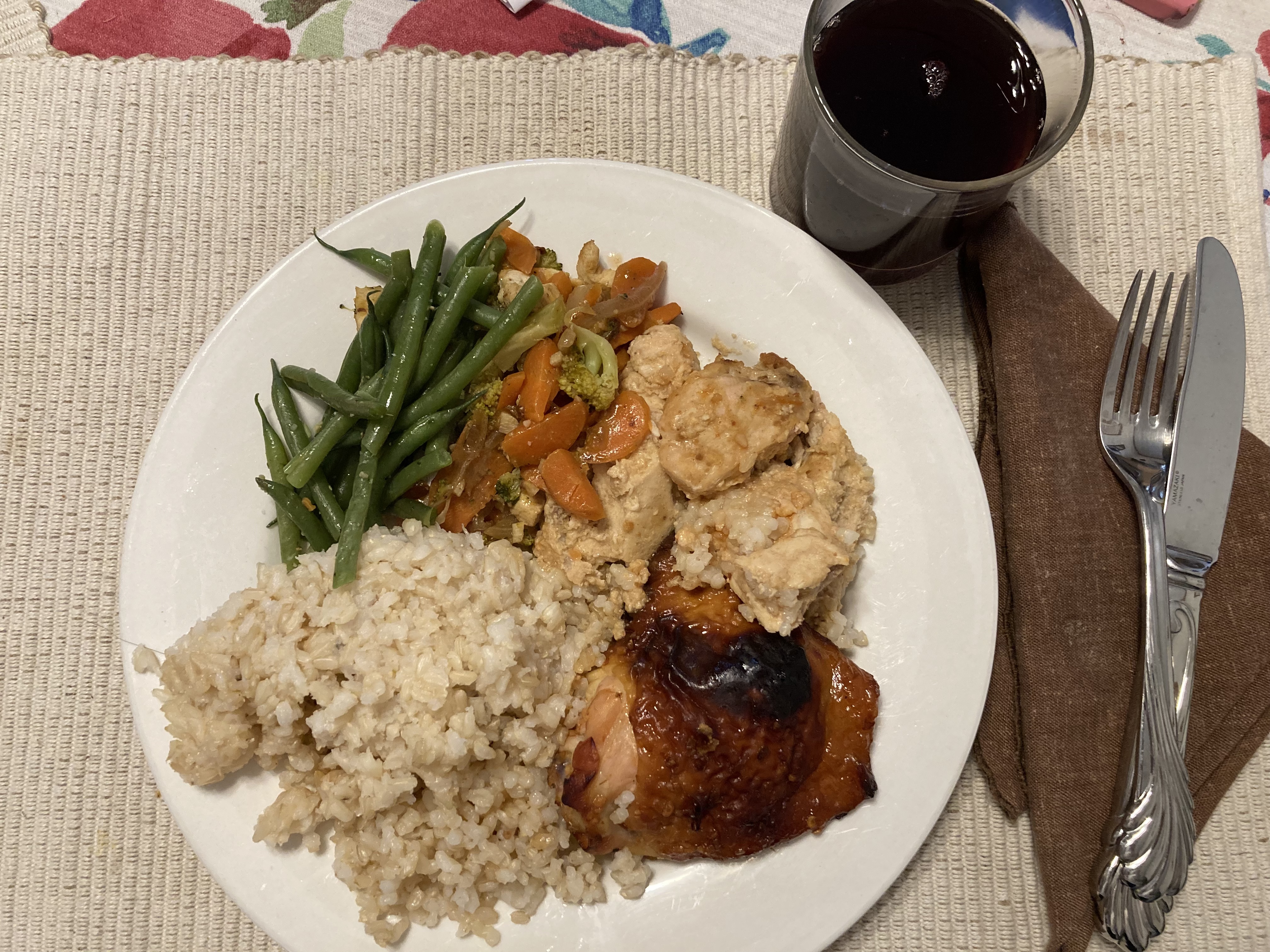
Brown rice, chicken thigh and breast, boiled seasoned green beans, stir-fried vegetables.
The Hong Kong diet would also be improved by increased––but not necessarily exclusive––use of whole grains. Brown rice has only 3.5 g fiber per cup compared to 0.3 g per cup for white rice. Unbleached wheat flour has 3 g fiber per cup compared to 12 g fiber per cup for whole wheat flour. Substituting say 50% of white rice consumption with brown rice, and 25-50% of refined wheat with whole wheat, would improve the overall vitamin and mineral intake without providing excessive fiber (which can have negative effects).
Recent Articles
-
High Protein Chocolate Tofu Pudding
Jul 01, 24 12:41 PM
A delicious high protein chocolate tofu pudding. -
Vegan Macrobiotic Diet For Psoriasis
Sep 05, 23 06:36 PM
Vegan macrobiotic diet for psoriasis. My progress healing psoriasis with a vegan macrobiotic diet. -
How Every Disease Develops
Aug 04, 23 06:22 PM
How every disease develops over time, according to macrobiotic medicine. -
Why Do People Quit Being Vegan?
Jun 28, 23 08:04 PM
Why do people quit being vegan? How peer pressure and ego conspire against vegans. -
Powered By Plants
Mar 16, 23 08:01 PM
Powered By Plants is a book in which I have presented a lot of scientific evidence that humans are designed by Nature for a whole foods plant-based diet. -
Carnism Versus Libertarianism
Dec 30, 22 01:55 PM
Carnism Versus Libertarianism is an e-book demonstrating that carnism is in principle incompatible with libertarianism, voluntaryism, and anarchism. -
The Most Dangerous Superstition Book Review
Nov 15, 22 08:46 PM
Review of the book The Most Dangerous Superstition by Larken Rose. -
Plant-Based Diet Is Best For Health Protection: Meta-Review
Oct 17, 22 11:22 AM
A plant-based diet is best for health promotion according to a meta-review of more than 300 reviews published 1950-2013.
